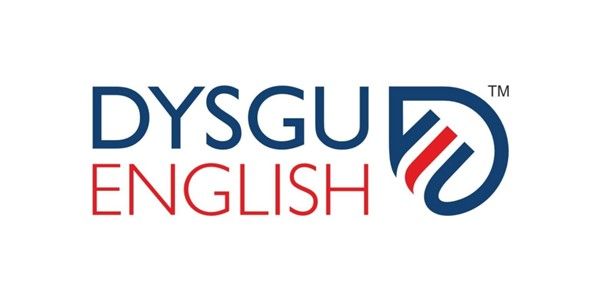- Academic Writing
- Task1: Describing Visual Information
Students will learn to describe and explain visual information effectively, including data, processes, objects, or events. They will develop skills to summarise and interpret graphs, tables, charts, and diagrams, presenting the information clearly and accurately in their own words.
Task 2: Responding to an Argument, Point of View, or Problem
To develop the ability to write essays that respond effectively to various viewpoints, arguments, or problems. Identify potential solutions and support their assertions with well-reasoned arguments and relevant examples. Additionally express opinions, discuss issues in depth, summarising key details, and outlining problems to present clear and comprehensive written responses.
IELTS General Training Writing
The General Training Writing module includes two practical tasks designed to reflect everyday writing scenarios. Task 1 involves writing a letter in response to a specific situation, with the style varying from informal to semi-formal or formal, based on the context provided. Task 2 requires students to craft an essay addressing a particular point of view, argument, or problem, similar to the approach in the Academic module.
Language Proficiency (Lexical Resource and Grammatical Accuracy):
• Utilising a broad and appropriate vocabulary and employing a variety of grammatical structures accurately. It tests the ability to effectively utilise both simple and complex sentences in written communication.
| - Ability to interpret visual data by identifying and explaining significant trends, comparisons, and patterns using comparative forms, percentages, and other quantitative descriptions. To confidently summarise information from graphs, tables, charts, and diagrams, translating visual data into coherent text that highlights key trends and details and clearly describing and explaining quantitative data, processes, objects, or events from visual prompts, organising their descriptions logically and effectively.
- To effectively respond to prompts by crafting well-organised essays that directly address the given point of view, argument, or problem. Ability to articulate and discuss opinions clearly, summarise key details, and outline issues comprehensively presenting arguments with structured reasoning and appropriate evidence, demonstrating a deep understanding and engagement with the topic. Enhanced ability to critically analyse topics, propose viable solutions, and support ideas with logical reasoning and relevant examples. Emphasis is on clarity, critical thinking, and effective argumentation.
- Ability to compose coherent and contextually appropriate letters in response to various scenarios, skilfully adjusting tone and style—whether informal, semi-formal, or formal—based on task requirements. Ability to handle different types of correspondence accurately, reflecting an understanding of the nuances of tone and style needed for real-life situations. Able to also excel in writing structured essays that respond to specific points of view, arguments, or problems, demonstrating thorough analysis, clear opinions, and well-supported arguments using diverse vocabulary and grammatical structures to communicate precisely, employing both simple and complex sentences.
|

